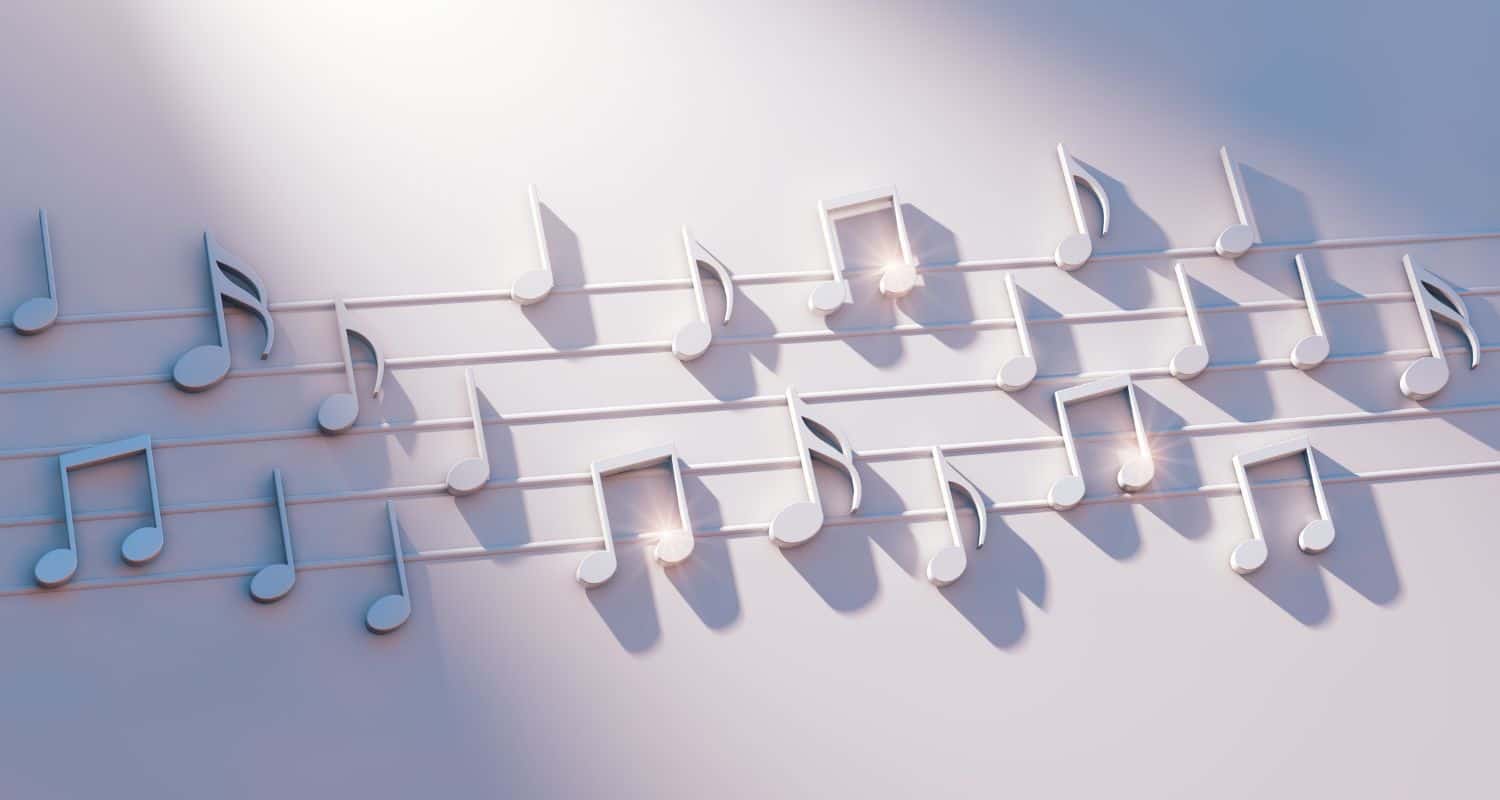
- A Step-by-Step Look at How Hearing Aids Make Sounds Sharper - May 5, 2025
- Causes of Conductive Hearing Loss? - April 27, 2025
- Can Treating Hearing Loss Reduce Stress? - April 15, 2025
If you are a musician you may get asked from time to time, about what exactly it was that drew you to play music. For many There may it may be that they grew up in a family where self-expression is both encouraged and modeled. For instance, very often an older sibling of a parent plays music and helps inspire you on your own journey. It’s not uncommon for an accomplished musician to have one or more family members who are also talented with music, however studies show that roughly half of musical talent is genetic, while the other half may rely on practice and creative vision which truly makes someone great.
No matter what brought you to music and if your love seems to have sprouted out of nowhere, one thing is for sure: When we hear music we love, it releases dopamine brain, a naturally occurring brain chemical which signals pleasure, and this alone makes music truly healing. For musicians and music lovers with hearing loss it can be devastating as it becomes difficult to detect the nuisance of sounds present in your favorite recordings and performances. The good news is that innovation in music technology is being used in the latest hearing aid technology, shaping the future of hearing health.
Exploring the Neurological Benefits of Learning Music
In part people’s emotional response to music can be used to bring people together under like ideas. Many refer to music as a universal language. For instance, when listeners are exposed to different songs from different cultures, they are able to respond appropriately to the intent of the music from calm to excitement.
Not only does music help us go on emotional journeys but research shows the immensely positive effects of music on the brain—specifically for those with musical training. Music is equal parts emotional and mathematical, relying on time and theory to convey themes and tone based on different ideas of what sounds good across cultures. Auditory processing of learning to play music requires more nuance and precision than for speech input. Learning an instrument requires many parts of the brain to work together at once, including memory, attention, emotion, language and timing.
Music is also often a defining aspect of identity—linking us to heritage, culture, and the past. An old song from your childhood can bring back memories clear as day. It’s almost like you can remember the quality of the light and smells around you when the song used to play.
Health Effects of Music
It’s amazing how many ways that music supports cognitive and total health. For instance, music releases immunoglobulin A in your body, which is crucial for support of immune function. Meanwhile, listening to your favorite song may reduce stress and improve mood, lowering cortisol, reducing anxiety, and improving heart health. The advantages of musical training on auditory system function have been observed in music children as early as 0 to 3 years old as it’s been linked to improved perceptual and cognitive function, speech recognition in noise, and auditory memory.
Hearing as We Age
The downside of being a musician is that long hours of practice mixed with loud performances can add up over years and even classical musicians suffer from noise induced hearing loss. It often becomes worse as we age, but sound exposure when you are young can be causing damage now that will last a lifetime. When musicians suffer hearing loss it can feel shattering. It’s more than just a hobby or a job but a way to improve quality of life.
Music and Hearing Aids
The good news is that hearing aids today have features tailored specifically for musicians and music lovers. While the goal of most hearing aids is to optimize speech, this can fail to amplify the nuisances of music. Listening to hearing aids can sound like hearing music in black and white while missing everything in between. However, talk to us about how to optimize your hearing aid performance with a specialized “Music” program in your hearing instruments. Hearing aids with a music setting can allow you to continue to enjoy music the way it was intended to, even with a hearing loss. To find out more and to schedule a hearing exam, contact us today!
